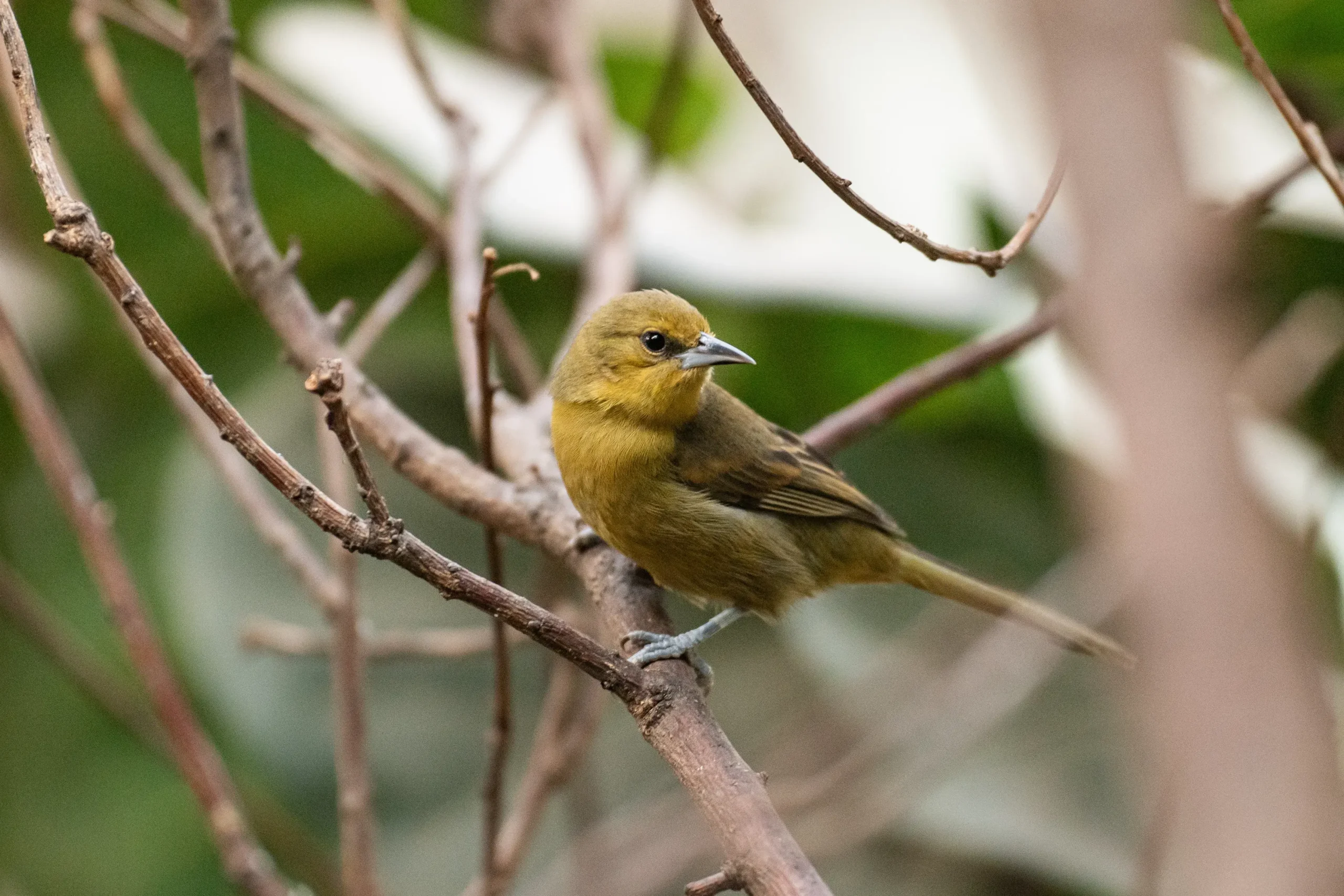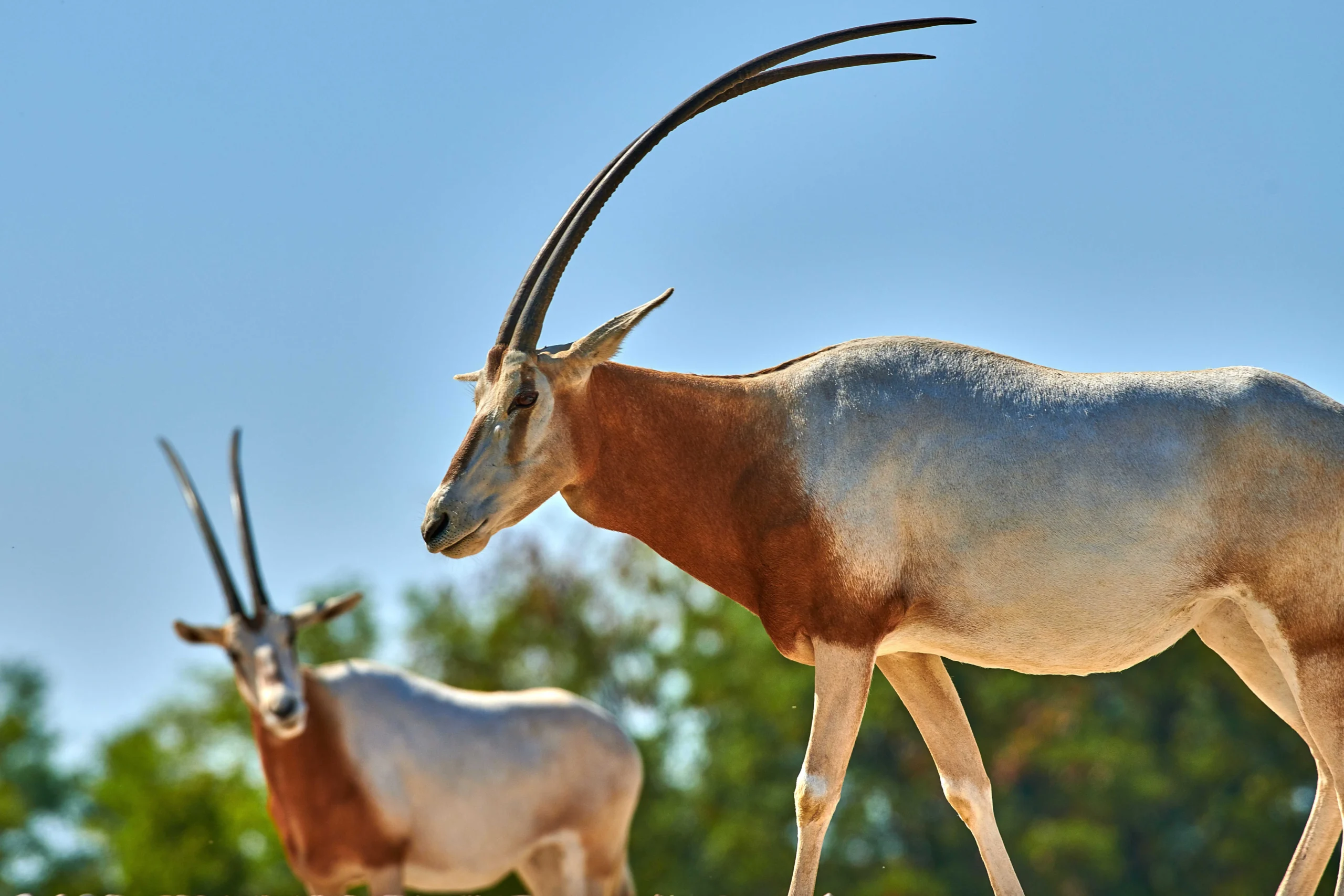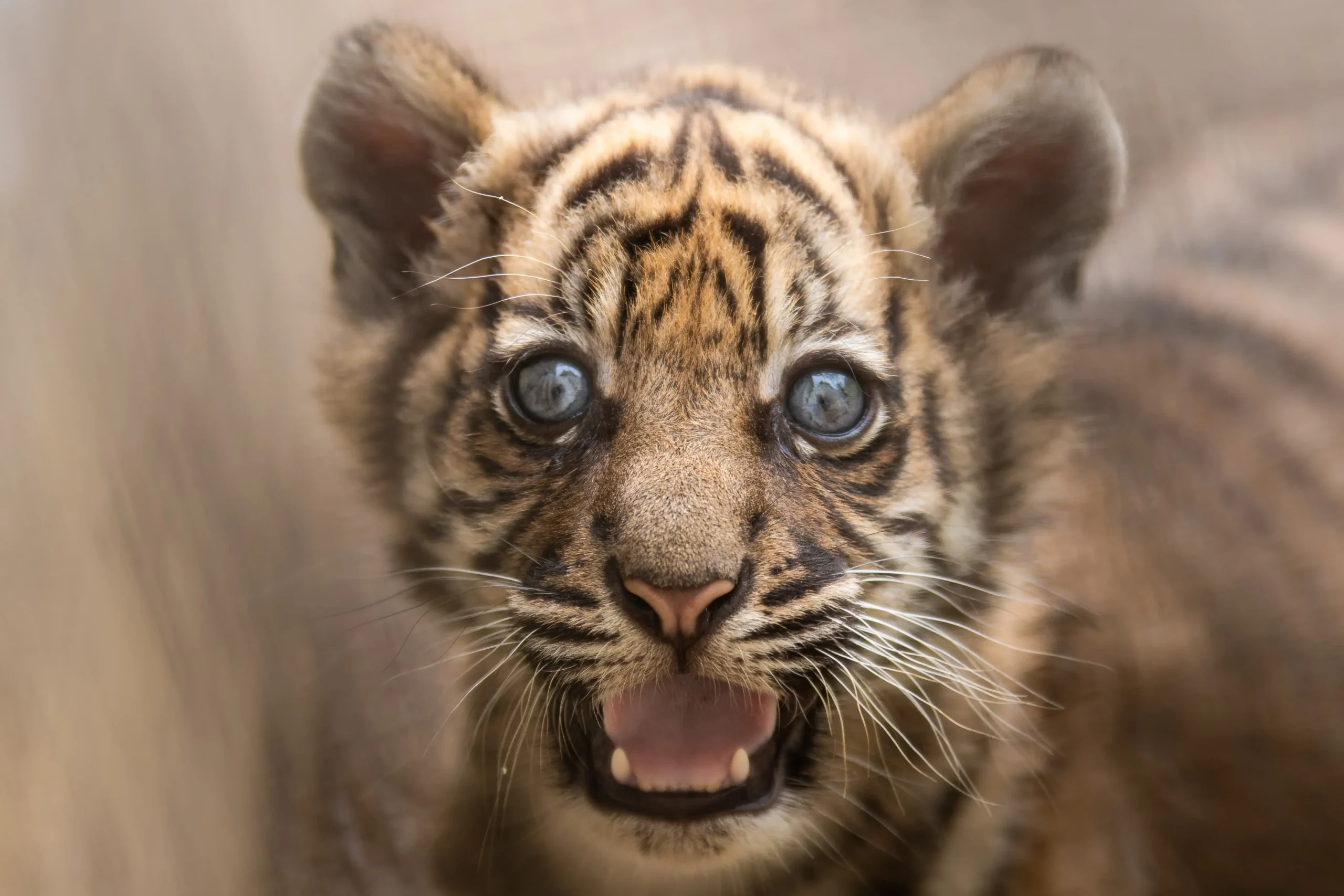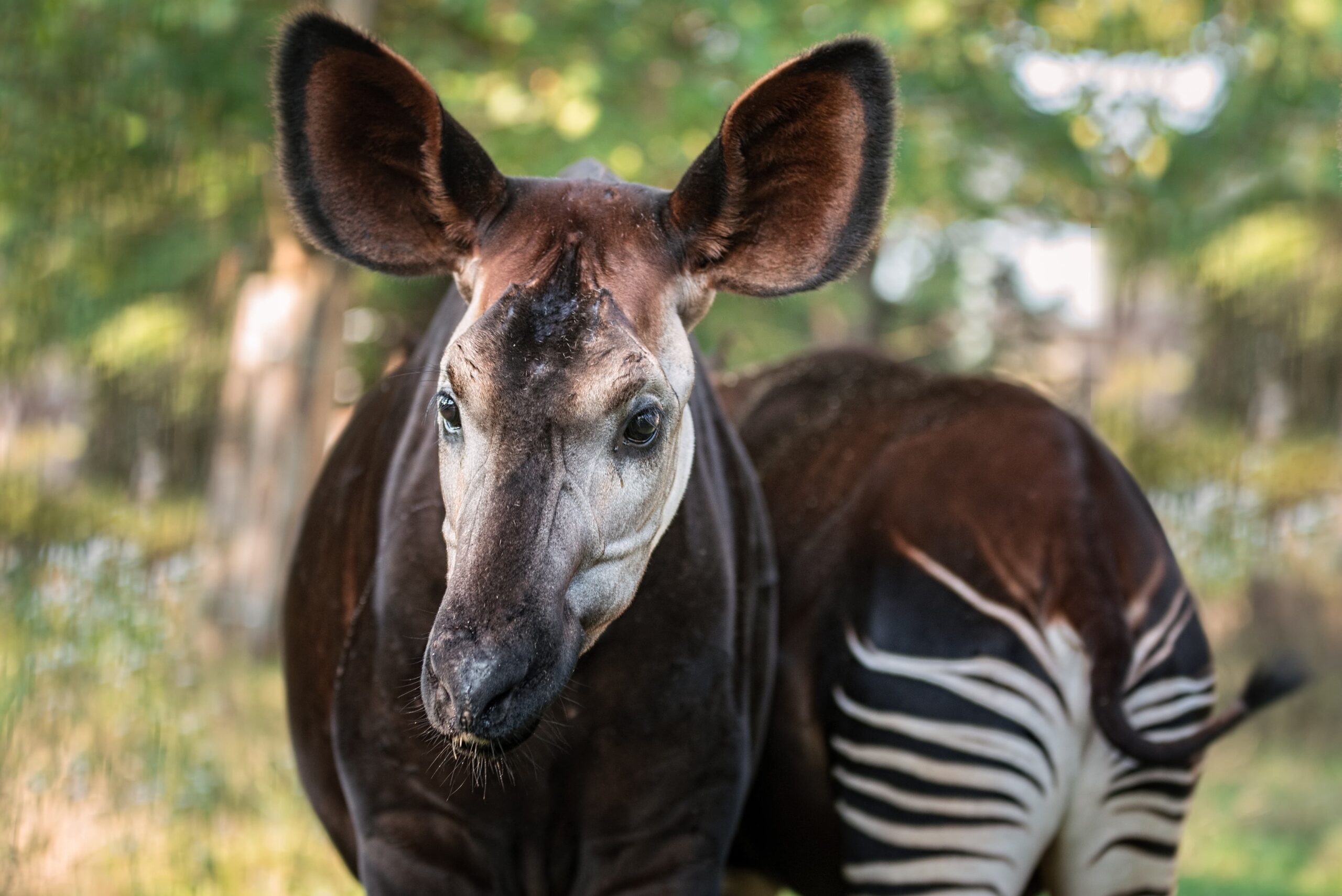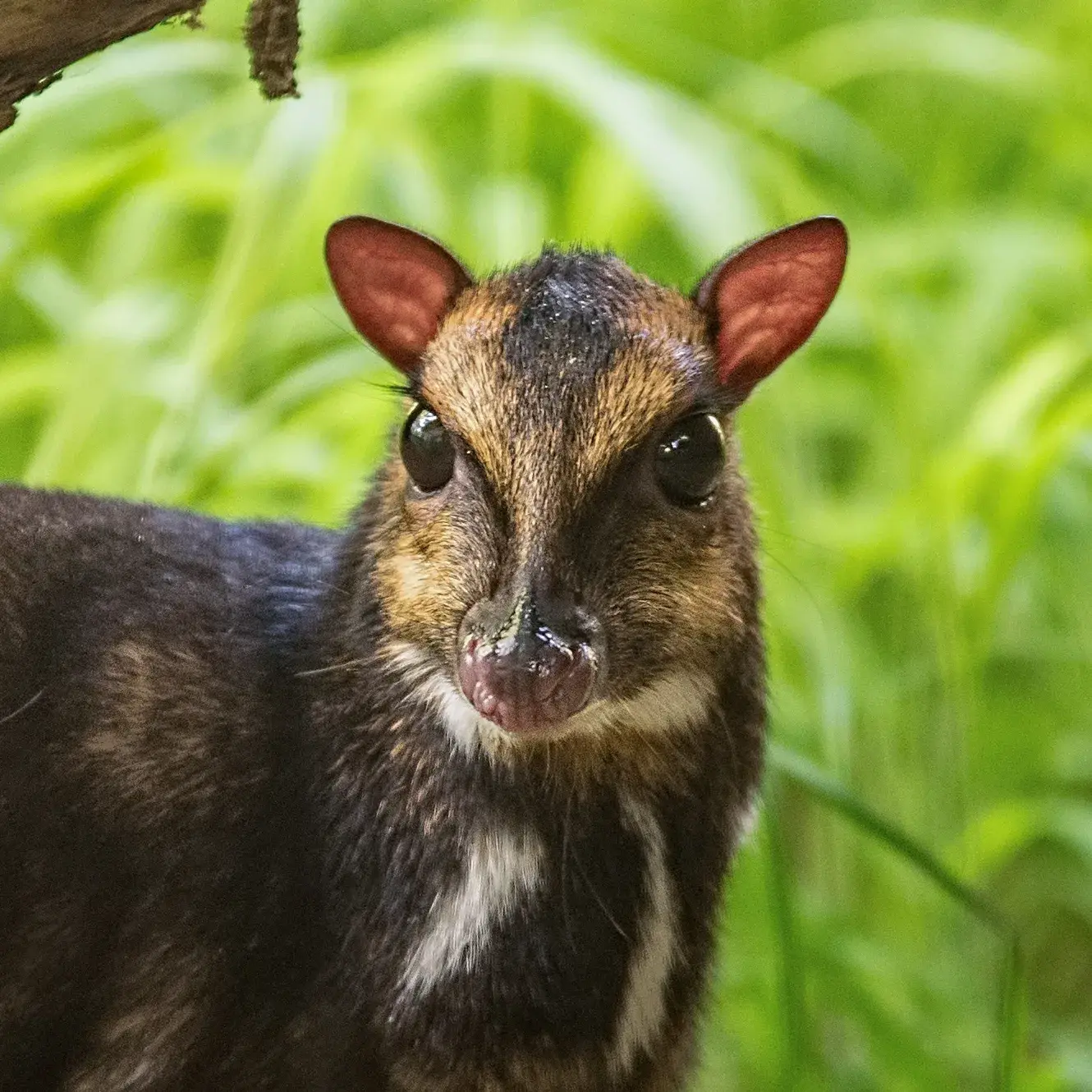According to the IUCN Red Book, more than 40,000 species are endangered out of the 142,500 assessed (data from 2022)! It is almost 28%. This is the case for 41% of amphibians, 37% of sharks and rays, 34% of conifers, 63% of cycads, 33% of reef corals, 26% of mammals, 21% of reptiles and 13% of birds. It is only a per mille of all species living on Earth. It is estimated that currently between 2 and 100 million species may live on our globe.
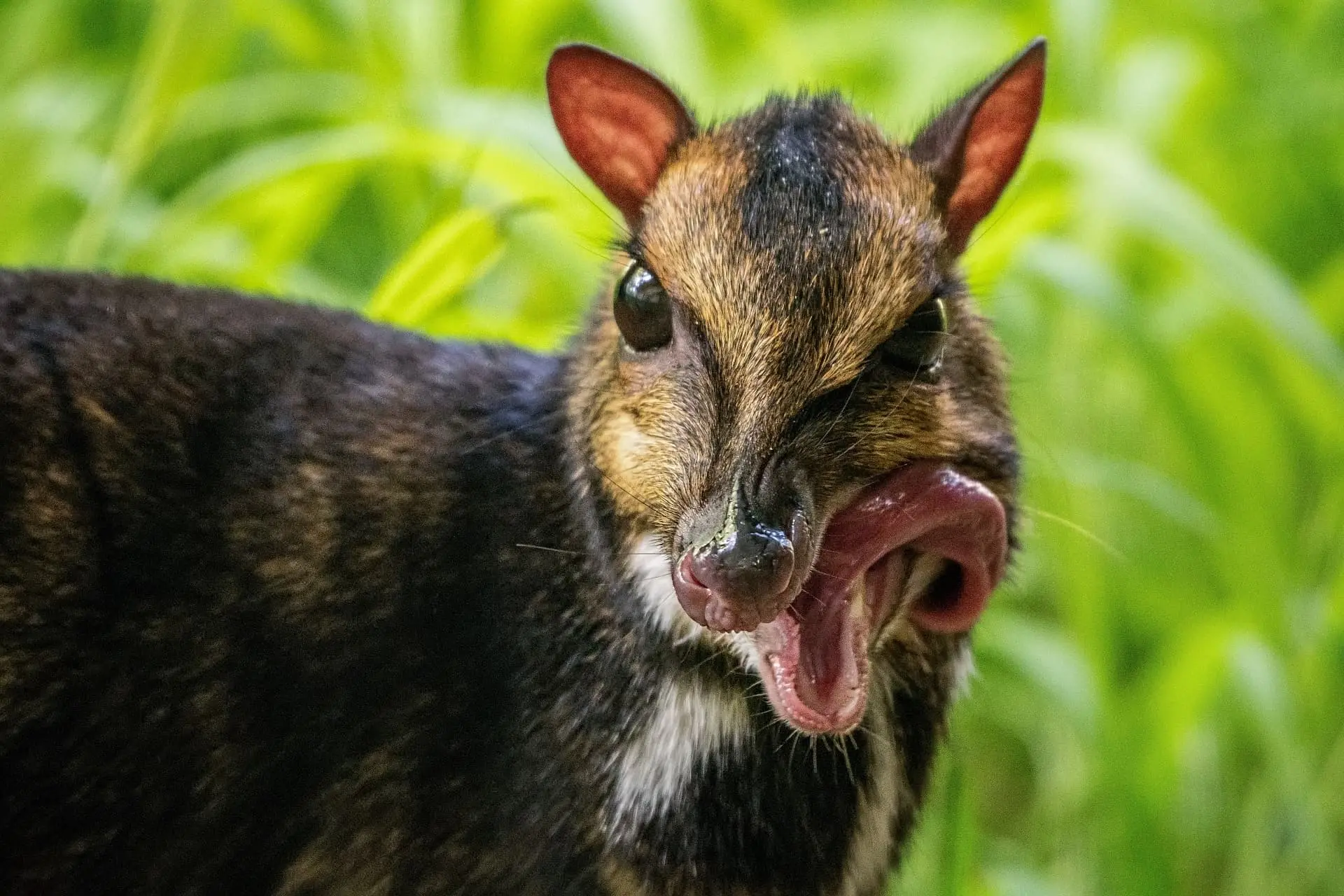
Animal conservation
Discover, love, protect

